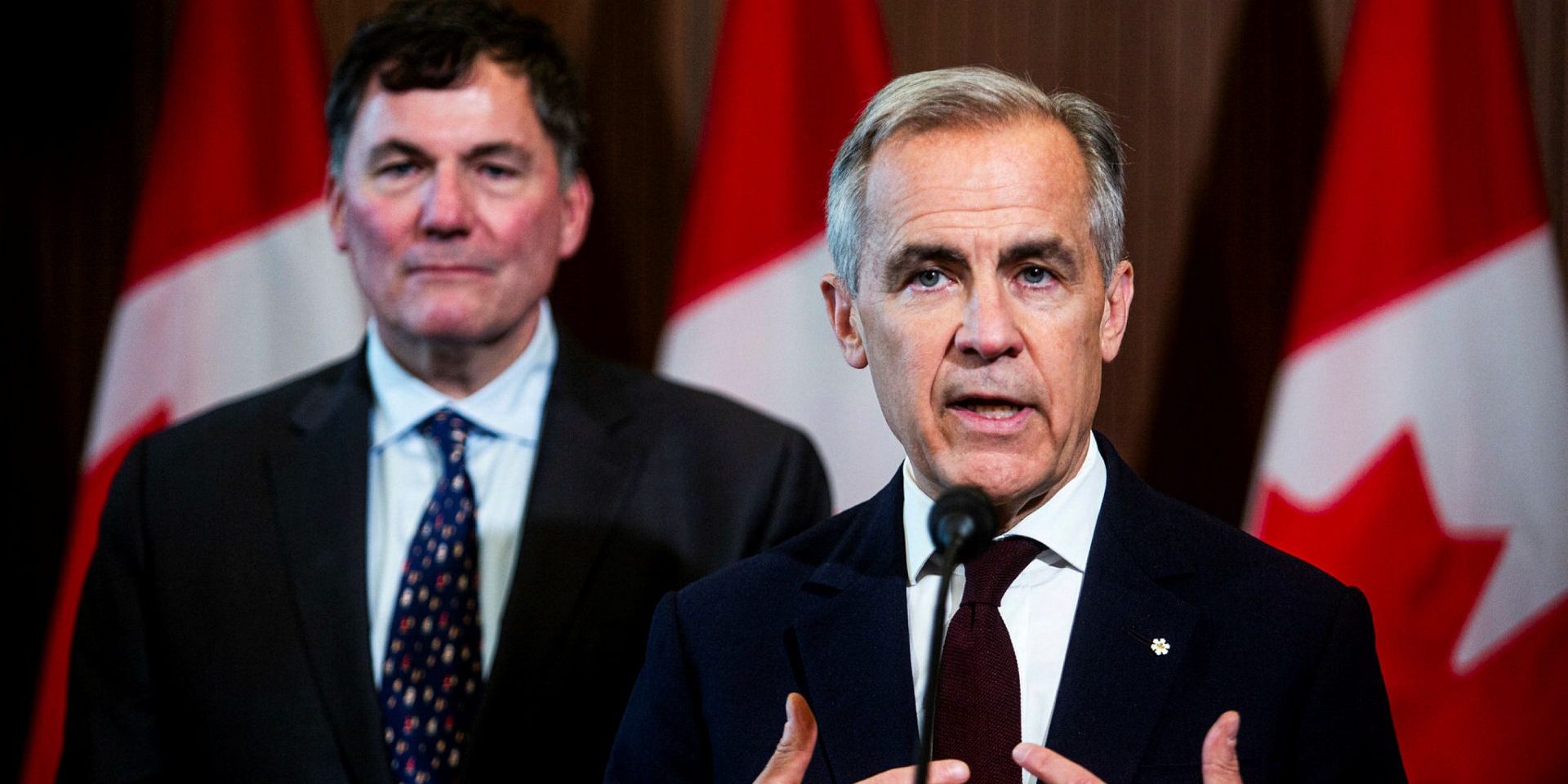Bill C-5 will likely gut environmental protections, in the name of the economy

Parliament should have taken much more time to scrutinize Bill C-5, which was rammed through second reading in the House on June 16, thankfully amended by the Conservatives, Bloc, and NDP on the House Transport Committee after a marathon meeting on June 19, and studied by the Senate’s Committee of the Whole. The House passed it at third reading on Friday, June 20. The controversial two-part bill, which mirrors Ontario Premier Doug Ford’s Bill 5, is officially called the Free Trade and Labour Mobility in Canada Act and the Building Canada Act. It’s also known as the One Canadian Economy Act. It’s contentious.
The first part of the bill—the Free Trade and Labour Mobility in Canada Act—will break down trade barriers between the provinces and territories, and will promote free trade and labour mobility in Canada. The second part of the bill—the Building Canada Act—will also give the cabinet sweeping powers to fast-track approval for infrastructure and energy projects such as mines, ports, and pipelines, which are deemed to be in the national interest. This is the problem. This bill will affect fisheries, migratory birds, transportation, environmental protection, species at risk, environmental impact assessments, and marine mammals.
It’s meant to urgently advance or accelerate projects throughout Canada, including in the North, that are deemed in the national interest, and it states that the government is committed to respecting the rights of Indigenous Peoples under the Constitution Act and the United Nations Declaration on the Rights of Indigenous Peoples, but the key word here is “committed.” That is not airtight.
Officially, the bill’s purpose is “to enhance Canada’s prosperity, national security, economic security, national defence, and national autonomy by ensuring that projects that are in the national interest are advanced through an accelerated process that enhances regulatory certainty and investor confidence, while protecting the environment and respecting the rights of Indigenous Peoples.”
But this bill will also end up destroying more of Canada’s land, wildlife, and water.
Canada-U.S. Trade and Intergovernmental Affairs Minister Dominic LeBlanc, the bill’s sponsor, defended it last week, pointing out that this country needs to boost its economy as it faces down U.S. President Donald Trump’s tariff war. “Canadians have entrusted us to do things differently and better and move nation-building projects forward,” LeBlanc said.
However, First Nations leaders are voicing their concerns. Kebaowek First Nation Chief Lance Haymond told the House Transport Committee that there has not been any “meaningful engagement,” or “recognition of the complexity of our rights, titles, and interests,” adding that the “conditions for an Idle No More 2.0 uprising are being written into the law as we speak.” Said Haymond: “The process that led to Bill C-5 is a case study in how not to engage with Indigenous nations.”
Parliament should have held off on passing the second part of Bill C-5, the Building Canada Act. It should have allowed MPs, Senators, Indigenous Peoples, environmentalists, and more Canadians the time to scrutinize this legislation and it should not have rushed this through, despite Trump’s chaos and threats.
The Hill Times





 LICENSING
LICENSING PODCAST
PODCAST ALERTS
ALERTS


